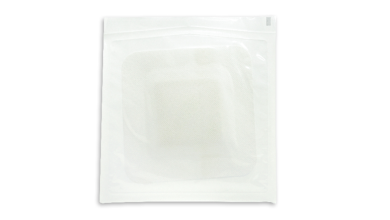When To See A Dermatologist

You can ignore your skin, hair and nails issues. However, you should consult a dermatologist if you notice any changes. Not all skin issues can be treated. For example, there are treatments that can improve cellulite, large pores and stretch marks, but they cannot completely eliminate them. It is best to be realistic about the expectations you have when dealing with skin conditions. A dermatologist can treat some healthcare issues effectively. Look for a Manhattan Dermatology specialist who can help you with these issues as well as educate you about self-diagnosis, better skin management and other topics. Learn more about when you should reach out to a skin specialist.
Acne
Dermatologists can treat any acne problems, including scarring, blemishes, and scrapes. If the scars are severe, a dermatologist can help. They may use laser treatment, microdermabrasion, and other techniques. There are many options for skin treatment, so don’t be afraid to talk about your concerns.
Skin Irritation
You can still use over-the-counter medication to relieve skin irritations but they may not be able to resolve all skin conditions. If the creams or lotions you have tried are not effective, you can consult a dermatologist. Chronic skin conditions can be difficult to diagnose. You might mistakenly believe that your skin reacts to changes in weather or products. It is best to see a dermatologist for skin irritation.
Nail Problems
Neglecting nail problems is easy, especially if they don’t hurt yet. However, it is better to have a dermatologist treat them. A dermatologist can treat any warts around nails and make sure they are healthy. Darkened nails may indicate skin cancer.
Hair Loss
Hair loss can affect your confidence and may be caused by stress or skin conditions. A dermatologist can help you develop preventative treatments that will stop hair loss. Proper medical care is essential to treat hair loss caused by alopecia. The dermatologist will examine your hair and recommend the best hair loss treatment for you.
Rashes and Hives That Don’t Go Away
Your doctor may ask that you undergo an allergy assessment in order to determine the reason for persistent hives or rashes. They may recommend that you avoid allergens if you have an allergic reaction. If the skin infection is the cause of the rashes, the doctor may recommend treatment that treats the hives.
Changing Mole
Although a mole is not a sign of skin cancer, it can be a sign that there are other skin problems. For example, a mole might change in color, have an uneven border, or become larger and more prominent. It is best to identify the mole early and treat the condition.
Final Thought
While most people don’t pay attention to their skin, nails, and hair issues, they can lead to serious health problems such as skin cancer. It is best to consult a dermatologist if you have skin problems such as hives, skin irritation, changing moles, or hives. A dermatologist will assess your skin and create a personalized treatment plan that works for you.





